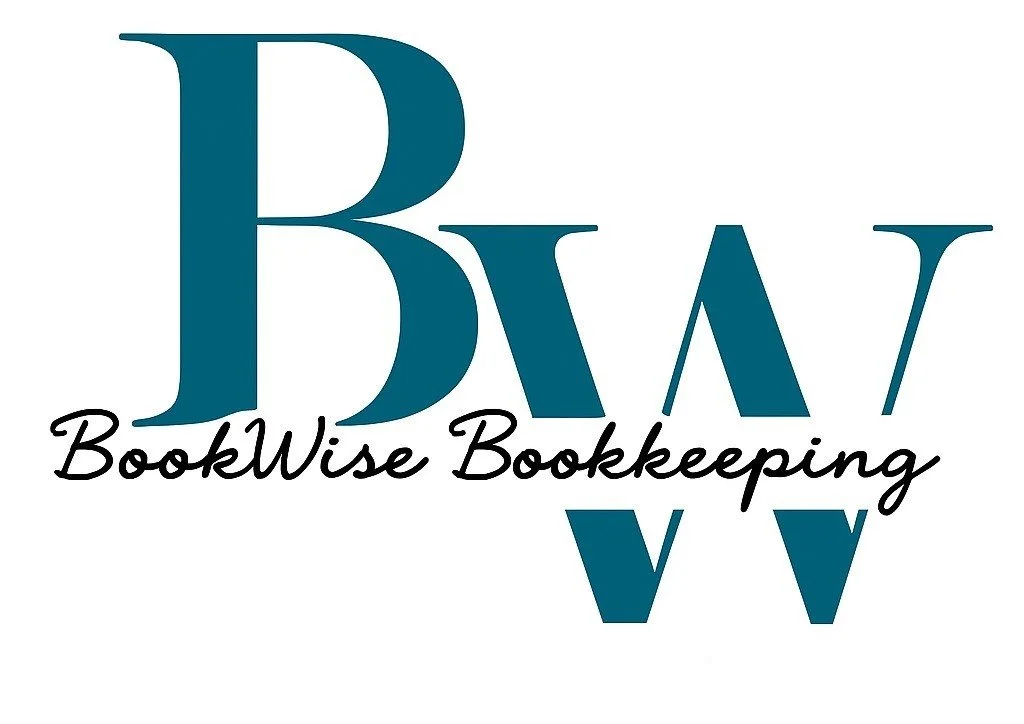The Top 5 Bookkeeping Mistakes Small Business Owners Don’t Realize They’re Making
Understanding the most common mistakes can help you avoid costly problems
Bookkeeping is essential for running a healthy small business, but even experienced business owners, including therapists, NPs, and other solo service providers, can make mistakes that cost time, money, and peace of mind. Understanding the most common mistakes can help you avoid costly problems and keep your books accurate year-round.
1. Mixing Personal and Business Finances
One of the biggest bookkeeping mistakes is using a personal account for business transactions or vice versa. When personal and business finances are mixed, it becomes difficult to track expenses, prepare accurate reports, and file taxes correctly. Clean bookkeeping starts with separate accounts for your business and personal finances.
2. Failing to Reconcile Accounts Regularly
Reconciliation is the process of comparing your bank and credit card statements to your bookkeeping records. Skipping this step can allow errors, missed transactions, or duplicate entries to go unnoticed. Regular reconciliation ensures your books match your real accounts and provides a clear picture of cash flow.
📌 Tip: If you’re unsure whether your accounts are reconciled correctly, schedule a BookWise Health Check to get a professional review.
3. Not Keeping Receipts or Documentation
Receipts and invoices are essential for verifying transactions and supporting deductions at tax time. Without proper documentation, your accountant may struggle to file accurate returns, increasing your risk of audits or penalties. Using features like QuickBooks Online attachments can keep receipts organized and linked to each transaction.
4. Misclassifying Income and Expenses
Incorrect categorization of transactions can distort financial reports and affect business decisions. For example, classifying a personal expense as a business expense could trigger tax issues, while miscategorizing a business expense could make your company appear less profitable. Accurate categorization ensures reliable reports and proper tax compliance.
5. Delaying Bookkeeping Tasks
Putting off bookkeeping until the end of the month or year creates a backlog of work, increases the chance of errors, and adds stress at tax time. Staying current with monthly bookkeeping keeps your records accurate and gives you peace of mind.
How BookWise Bookkeeping Can Help
Professional bookkeeping services can help you avoid these common errors. Here’s how:
Separate accounts – Keep business and personal finances distinct.
Monthly reconciliation – Ensure all accounts match statements regularly.
Organized documentation – Keep receipts, invoices, and supporting documents attached to transactions.
Accurate categorization – Professional bookkeepers categorize each transaction correctly in QuickBooks.
Consistent updates – Monthly bookkeeping services prevent backlogs and keep your records current.
Why Professional Bookkeeping Matters
Even if you are comfortable with QuickBooks, professional bookkeeping provides peace of mind and reduces risk. Bookkeepers catch errors early, keep records up to date, and generate reports that give actionable insights. Remote bookkeeping services make it easy to access expert support without needing someone in your office.
Final Thoughts
Avoiding common bookkeeping mistakes protects your business from financial surprises, tax problems, and stress. Accurate, timely bookkeeping helps you make informed decisions, monitor cash flow, and plan for growth.
At Bookwise Bookkeeping, we help small business owners maintain clean, reliable QuickBooks records. Whether you need a one-time clean-up or ongoing monthly bookkeeping, our services provide accuracy, clarity, and confidence.
📌 Ready to stop costly bookkeeping mistakes and take control of your finances? Contact Bookwise Bookkeeping today.
BookWise Bookkeeping
Phone 314-325-2478
info@bookwisestl.com

